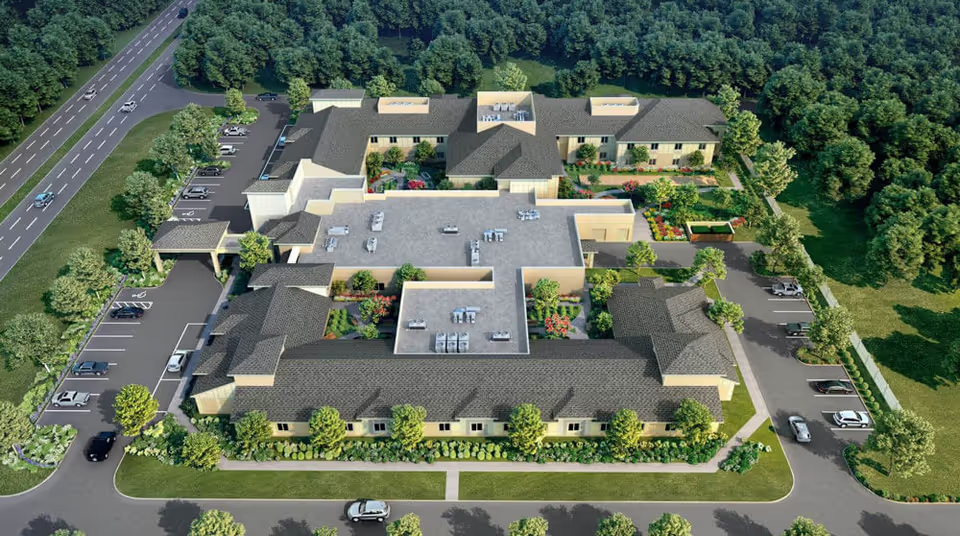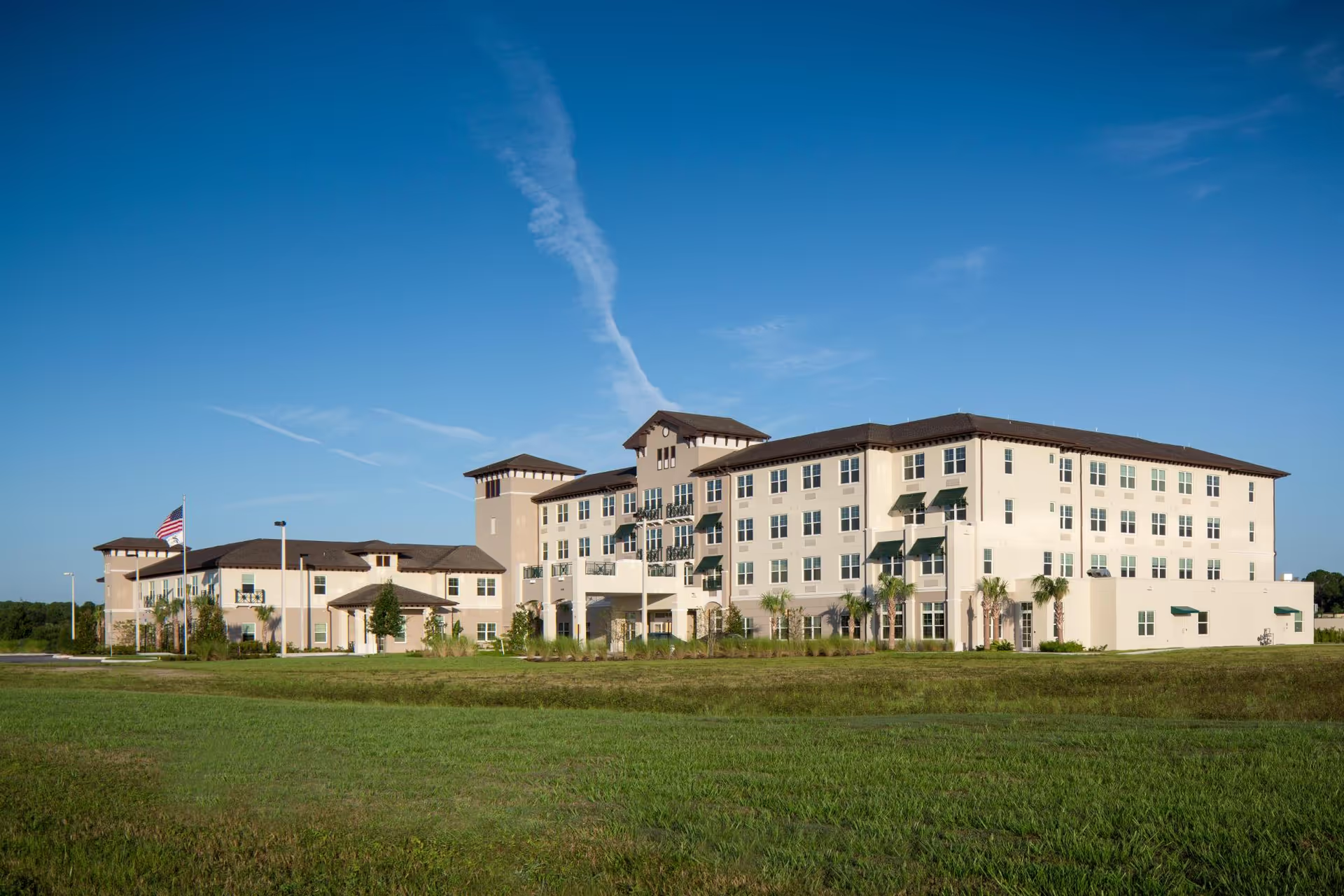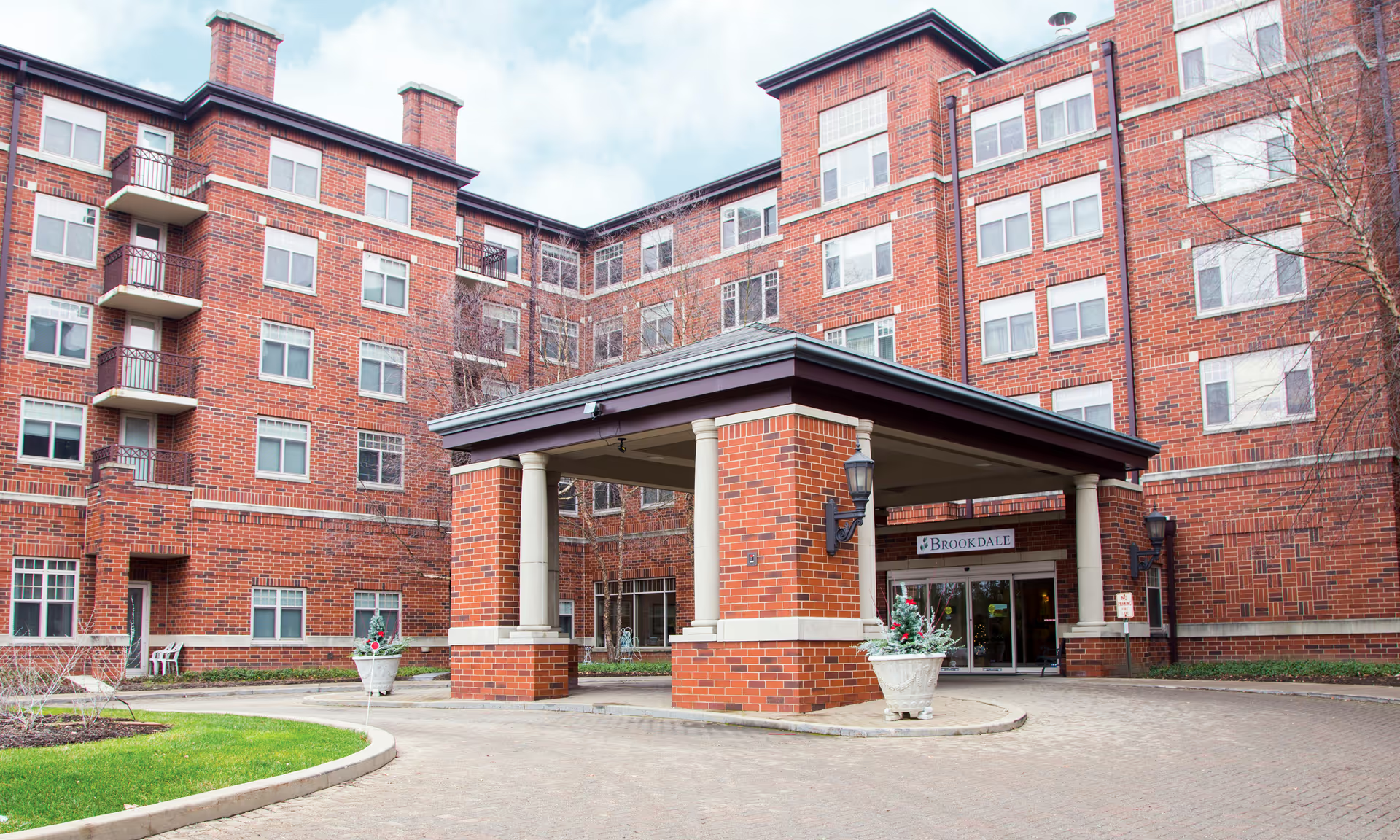The reviews present a sharply mixed picture of Hollander Senior Living, with strong praise for certain staff and indications of recent leadership efforts to improve, counterbalanced by multiple, specific operational and care-related concerns. On the positive side, several reviewers single out frontline caregivers — particularly med techs — as capable and compassionate. Some residents and families reported positive care experiences, and comments indicate that the community can be a good place for employees to learn and gain experience. Importantly, a stated change in management and an expressed organizational aim to refocus on resident-centered care and regain a reputation as a “premier” community suggest recent or ongoing attempts at improvement.
However, negative themes are frequent and detailed. Multiple reviewers describe administrative neglect and poor communication, including an instance of no callback from the administrator. There are specific allegations of troubling practices, such as a claim that the facility waited for a resident to die before admitting another person; this accusation, if accurate, reflects serious ethical and oversight concerns. Practical problems such as delayed maintenance (an air conditioning failure with slow repair) and reports of unclean conditions were also raised, indicating lapses in basic facility operations and environmental standards.
Care quality is described inconsistently. While med techs and some staff receive praise for caring behavior, reviewers also say that resident care is not always the facility’s priority and characterize the organization as money-driven. Several reviewers worry that residents currently in the community actually need a higher level of clinical support (nursing home or hospice care), which could reflect inadequate assessment, staffing, or resources to meet higher acuity needs. Food quality is also a specific complaint for at least one reviewer who said the meals were “horrid” for his dietary needs, pointing to problems accommodating special diets.
Workforce and culture issues appear to be a significant part of the negative feedback. Reviews allege unfair treatment of employees, low pay, and lack of benefits; such conditions often contribute to low morale and may lead to turnover or understaffing, which in turn can affect continuity and quality of care. At the same time, other comments praise staff who do care, suggesting inconsistency across shifts or teams rather than uniformly poor caregiving.
A broader contextual concern raised by reviewers is the perceived weakness of regulatory protections in Georgia, which some feel limits residents’ and families’ recourse when problems arise. Taken together, the patterns suggest inconsistency: pockets of genuinely good, caring front-line staff and active efforts by new management to improve are overshadowed for some reviewers by systemic operational failures, communication breakdowns, possible ethical lapses, and staffing/culture problems.
For prospective residents and families, the reviews indicate the importance of an in-person assessment and targeted questions: inquire about recent management changes and concrete improvements, ask for staffing ratios and turnover statistics, request how dietary needs are accommodated, confirm maintenance response procedures, and review inspection reports or complaint histories. If the facility is genuinely under new leadership and committed to change, some of the cited issues may already be addressed; however, the consistency and severity of the negative reports warrant careful verification before making a decision.







